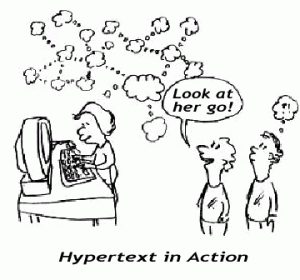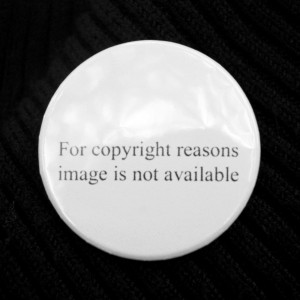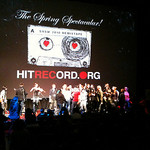The new hypertext and hypermedia narrative would not exist if there was no foundation of the print form. They are binary oppositions yet they exist because of each other. Due to the new interactive form we would “read” it differently.
Jay Bolter argues that there is no story just readings of it (different interpretations). However, the readings also make up the story but everyone person is likely to have a different one. ‘The story is the sum of all its readings’.
I wonder who is considered the author then or are there multiple ones? As Jay goes on to say ‘Each reading is a different turning within a universe of paths set up by the author’. Considering the reader now would has more control over the outcome of the material then the person who wrote it then does that make them an author as well? Also we would chose our desired order. However if we were able to physically add or change parts than that could bring us closer to be an author.
In Cinema class, we have been discussing authorship in films. It is hard to define but an auteur will have a distinct style to their film, like Hitchcock, Godard and many more. There were critics who favored auteur directors and canonised them. I thought about this point of view but with authorship on the internet. Especially with sites such as wikipedia where almost anyone can edit the pages.
Relating back to my hit record post, the company is built on collaboration and that is at the core of how it works. Hit Record is built on people editing other people’s work. There is no one author even though Joseph Gordon-Levitt is the director of the projects. Would you say that we lose a distinct style with more collaboration projects or could the form be the style?


